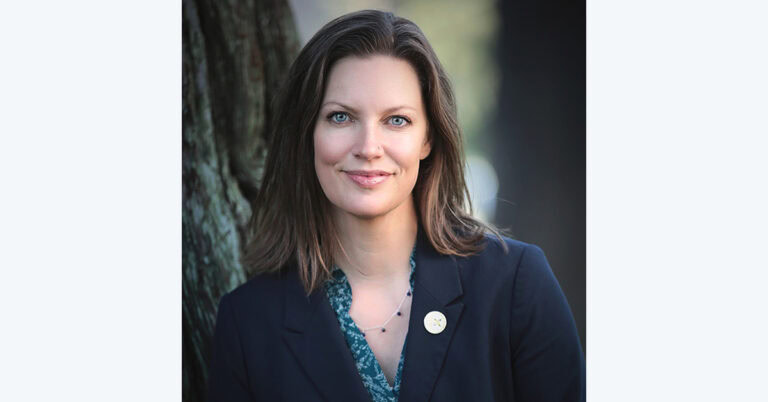Deputy Director
Fellows in Training: A Night of Improv
January 13, 2016 | CCST S&T Policy Fellows | Contact: Esha Mathew, PhD

Esha Mathew, PhD, is a member of the 2016 Class of CCST Science & Technology Policy Fellows. She received her PhD in Cellular and Molecular Biology from the University of Michigan, where she studied pancreatic cancer and also earned a graduate certificate in Science, Technology, and Public Policy. Mathew’s Fellowship placement is with Assemblymember Jose Medina (D-Riverside).
When I heard that CCST was including an improv comedy class as part of our training, I felt a pang of panic.
Public speaking had never been my favorite thing to do, and to me, improv seemed like a more intense form of it. While graduate school certainly provides many opportunities for public talks, academic presentations don’t exactly offer the same practice as an improv sketch.
But having a few weeks of our “policy boot camp” under my belt, I could see that CCST does a fantastic job training its Science Fellows. And if they saw merit in including an improv class, it must be for a good reason.
Academic talks contrast markedly with improv routines in many ways. Talks are planned and practiced, whereas an improv sketch is spontaneous and unrehearsed. A talk is just you alone with your slides, data, and ideas. With improv, you have to engage not only with the audience, but with your team as well.
Projecting confidence is a big part of it, as we learned from our improv teacher, Steven Pierce, a former member of The Groundlings Theatre & School in Los Angeles. Whether or not you actually feel it, projecting that confidence can turn an awkward sketch into a truly funny one. But it’s easy to be confident when you’re presenting PowerPoint slides about your own research. It’s quite another thing to feel confident when you’re on stage with no practice — and with no idea what’s coming next.
The bigger surprise was how academic the construction and analysis of a sketch actually is. Every action — a shoulder shrug, a nervous sigh, or even an eye twitch — projects loudly to both the audience and your team. You have to be aware of how these mannerisms telegraph and can detract from the meaning of your words. Steven had an eagle eye for every tic and nuance in our voice inflection, and was incredibly constructive on how to fix them.
Steven was also great in pointing out how these small actions conveyed meaning — in both an improv sketch and regular interaction between people.
A nervous sigh could unintentionally project indifference. Raised shoulders? Defensiveness. An eye twitch? Annoyance. Being guilty of several of these, it was extremely useful to know how these actions could be interpreted, even if I wasn’t feeling those sentiments at all.
And in case you were wondering, we all did laugh a lot that night. After going through the training, I highly recommend the experience.
I was surprised at how much I learned from just a single improv class. I can see how all of the lessons we learned — active listening, projecting confidence, and being open to anything — will help us Fellows navigate the Legislature, listening, negotiating, and networking with so many different audiences, from constituents to other staffers to elected members. Developing that confidence and insight is certainly something I’ll practice and put to use during the Fellowship, and life beyond.
— Esha Mathew
Follow updates from the CCST Science Fellows on Facebook at facebook.com/ccstfellows, on Twitter @CCSTFellows, and on LinkedIn. Learn more about the CCST Science & Technology Policy Fellowship here.




